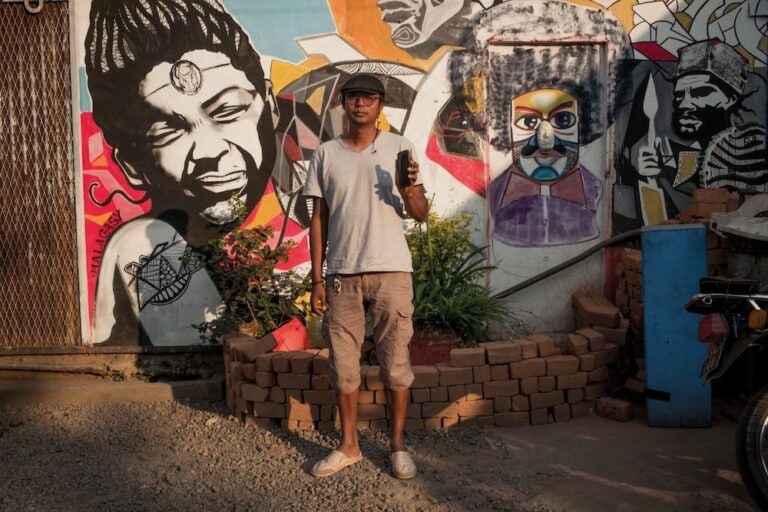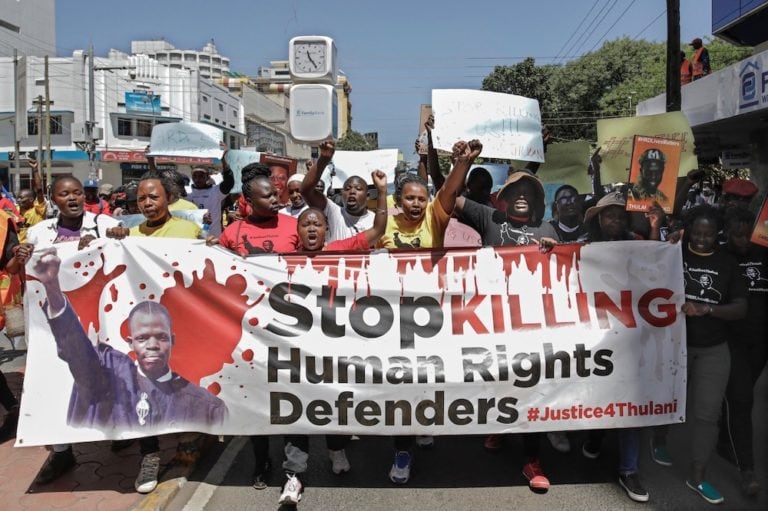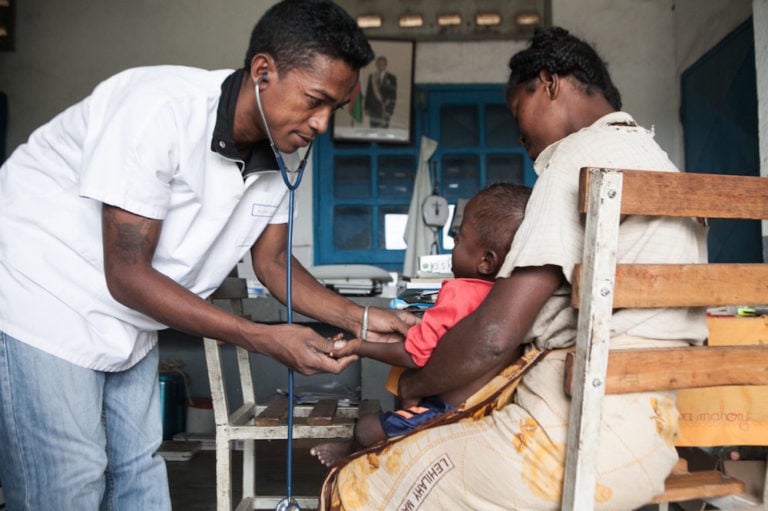Located in Fianarantsoa, 400 km south of the capital, the regional branch of Viva, a radio and TV broadcaster owned by former transitional President Andry Rajoelina, was ransacked by masked individuals.
This statement was originally published on rsf.org on 11 August 2015.
Reporters Without Borders is concerned about an attack on a regional branch of Viva, a radio and TV broadcaster owned by former transitional President Andry Rajoelina, the leader of the opposition party Mapar.
Located in Fianarantsoa, 400 km south of the capital (where Viva has its headquarters), the regional branch was ransacked by masked individuals on the morning of 8 August.
Witnesses said the assailants forced their way into the station after demanding to speak to the person in charge. Then they removed production and broadcast equipment, including transmitters, editing consoles, video cameras and computers, and smashed other equipment that they left behind.
The raid came after Viva had for several days been broadcasting messages disputing the results of the municipal elections held on 31 July.
Mapar’s candidate in Fianarantsoa is challenging the result of the local election, won by the ruling HVM party, and is accusing HVM of fraud. According to the information obtained by Reporters Without Borders, the Fianarantsoa media are very polarized and Viva’s position may have prompted the attack.
“We condemn the attack on Viva and call on the authorities to conduct a thorough, independent and impartial investigation as quickly as possible in order to bring those responsible to justice,” Reporters Without Borders editor in chief Virginie Dangles said.
“At a time when there is so much polarization because of elections, it is important that all voices are heard and that journalists should be able to do their job of reporting the news without being subjected to pressure of this kind.”
Viva received a letter from the ministry of communication and information in early June warning that it did not have a permit to operate at a national level, with branches in different regions, and that it was using state equipment illegally. As a result of the letter, Viva had to close its branches in 11 of the country’s regions.
As well as polarization, the media climate in Madagascar is marked by corruption, self-censorship and violence against journalists.
After four years of political crisis, Héry Rajaonarimampianina’s election as president in December 2013 (and installation in January 2014) ushered in a period of new threats to freedom of information. In July 2014, he and his prime minister urged the media to “be on their guard” and to stop asking “difficult questions.”
Madagascar is ranked 64th out of 180 countries in the 2015 Reporters Without Borders press freedom index.


